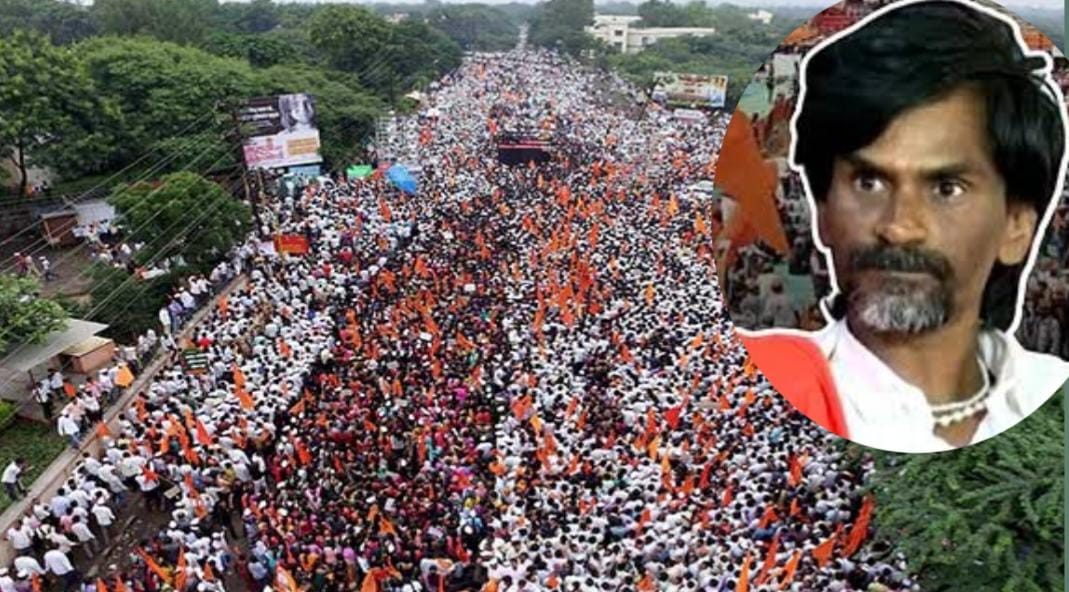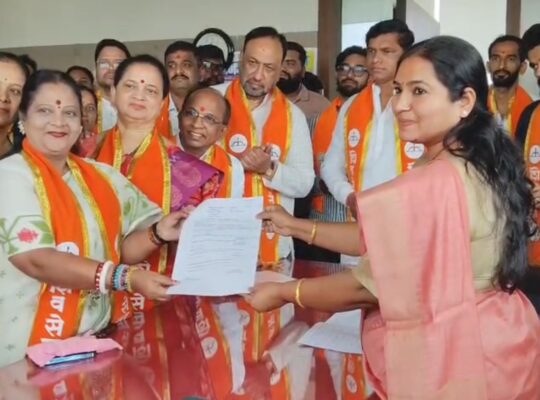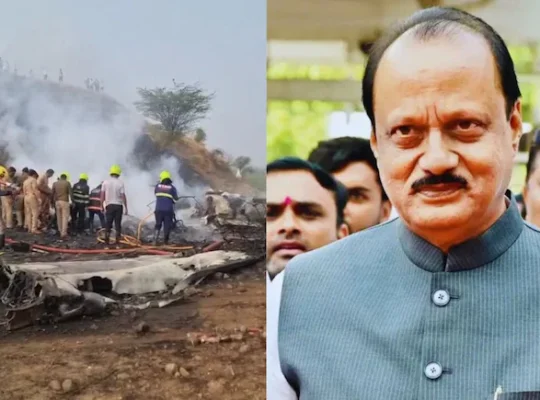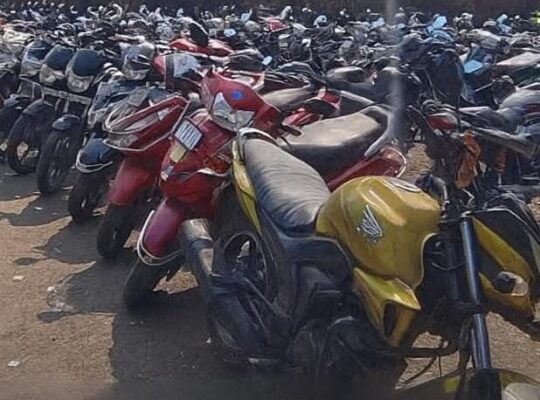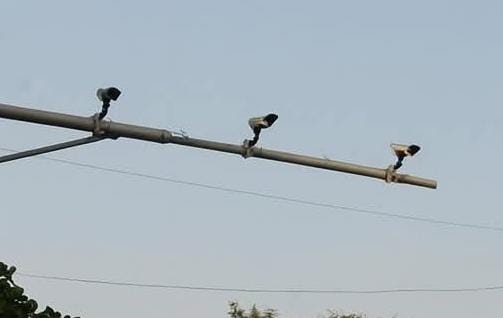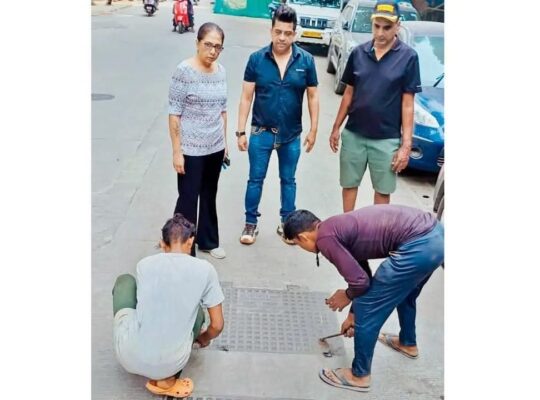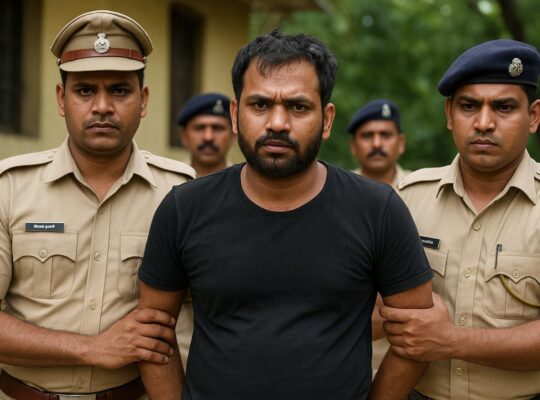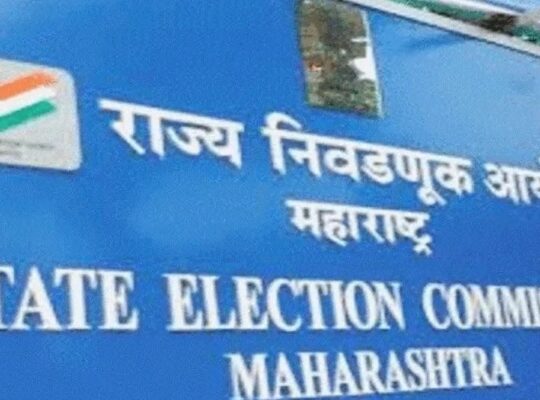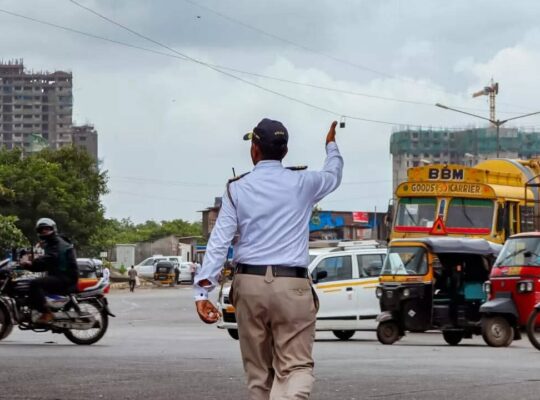Mumbai, August 31, 2025:
The Maratha reservation issue in Maharashtra has escalated, with activist Manoj Jarange Patil continuing his hunger strike for the third consecutive day, demanding a 10% reservation under the Other Backward Classes (OBC) category. Thousands of Maratha community members have gathered at Mumbai’s Azad Maidan to support the movement, transforming the area into a makeshift campsite. Protesters are preparing food, bathing in the open, and engaging in cultural activities, highlighting the intensity of their demand for inclusion in the OBC quota.
Legal experts emphasize that a constitutional amendment is necessary to surpass the Supreme Court’s 50% reservation cap. They argue that only such an amendment, along with central legislation, can enable the implementation of additional quotas by establishing standardized criteria for determining social and educational backwardness. Without clear national guidelines, each state’s assessment of backward communities might vary, leading to inconsistencies. Experts also point out that the national census, which provides empirical data, has not been updated since 2011, complicating the process .
Nationalist Congress Party (NCP) leader Sharad Pawar has reiterated his call for a constitutional amendment to address the Maratha reservation issue. He suggests that the Centre should take the initiative to resolve the matter, drawing parallels with Tamil Nadu’s higher reservation percentage, which exceeds the Supreme Court’s 50% ceiling. Pawar emphasizes the need for a consensus and a uniform reservation policy to maintain social harmony .
The Maharashtra government had previously enacted a 10% reservation for the Maratha community under the Socially and Educationally Backward Classes (SEBC) category. However, this provision is currently under judicial scrutiny, with multiple Public Interest Litigations (PILs) challenging its validity. The Bombay High Court has yet to deliver a verdict, leaving the future of the Maratha quota uncertain .
As the agitation continues, the state faces mounting pressure to find a constitutional and legally sound solution to the Maratha reservation crisis.

